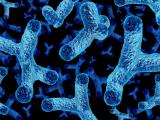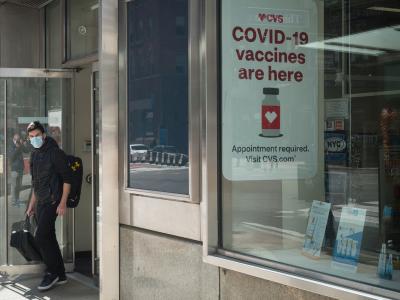Sep 25, 2009 (CIDRAP News) – While antiviral-resistant H1N1 influenza viruses remain rare, clinicians should watch for two particular kinds of H1N1 cases that seem more likely to give rise to viruses resistant to oseltamivir (Tamiflu), the World Health Organization (WHO) said today.
So far, 28 oseltamivir-resistant viruses have been detected worldwide, the WHO said in today's statement. Twelve of these were linked to use of the drug for postexposure prophylaxis, and 6 were in patients who had severe immunosuppression. Four more cases involved other patients being treated with the drug, and 2 patients were not on the drug.
In view of the findings, the WHO urged clinicians to watch for resistance in:
- Patients with severely compromised or suppressed immune systems who have prolonged H1N1 illness and have received oseltamivir (especially if for a long time) but still have evidence of viral replication
- People who receive preventive oseltamivir after exposure to another infected person but then get sick anyway
"In both of these clinical situations, health care staff should respond with a high level of suspicion that oseltamivir resistance has developed," the WHO said. "Laboratory investigation should be undertaken to determine whether resistant virus is present, and appropriate infection control measures should be implemented or reinforced to prevent spread of the resistant virus."
The agency also recommended conducting epidemiologic investigations in such situations to find out if a resistant virus has spread to anyone else.
Person-to-person transmission of resistant H1N1 viruses has not yet been clearly shown, the WHO said. Local transmission may have occurred in some situations, but it didn't lead to ongoing or wider transmission.
The agency also said the resistant viruses do not seem to cause different or more severe symptoms. Except for immunocompromised patients, those infected with resistant viruses have had typical flu cases.
The WHO does not generally recommend using oseltamivir to prevent H1N1 illness, today's statement noted. For people who have been exposed and are at risk for a severe case, an alternative is close monitoring and early treatment if symptoms develop.
In August the agency recommended against antiviral treatment for previously healthy people with uncomplicated H1N1 cases. It stressed prompt antiviral treatment for those with severe illness, pregnant women, and people with conditions such as asthma, obesity, or diabetes.
See also:
Sep 25 WHO statement on antivirals and resistance
http://www.who.int/csr/disease/swineflu/notes/h1n1_antiviral_use_20090925/en/index.html
Aug 21 CIDRAP News story "WHO: In treating H1N1, save antivirals for high-risk cases"





















